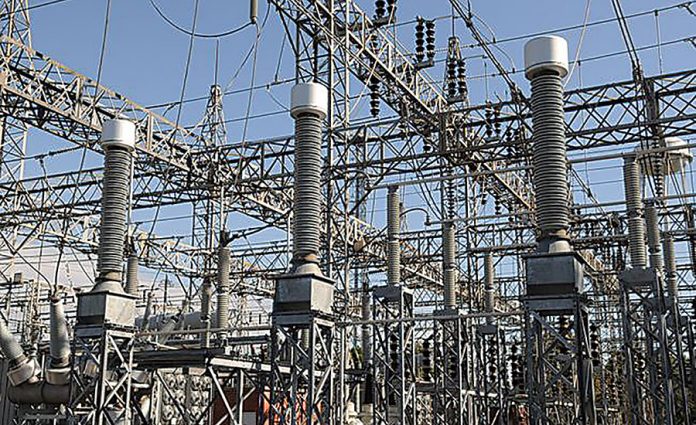In background discussions, they suggested that the government should immediately focus on the transformation of power distribution companies and make the regulator accountable.
Managing the energy sector is a sensitive issue as the previous Pakistan Muslim League-Nawaz (PML-N) government had faced a backlash over failure to end load-shedding and curb the runaway circular debt. It had also been accused of interfering in National Electric Power Regulatory Authority’s (Nepra) decision-making process.
The government and industry officials were of the view that the new administration should stop dictating the regulator about imposing surcharges and cross-subsidy to bridge the budget gap and pave the way for competitive bidding instead of directly picking power generators in a process that lacked transparency.
They also called for phasing out power subsidy and introducing direct compensation schemes for poor segments of the society.
The previous PML-N administration, while clearing the accumulated circular debt of Rs480 billion instantly in mid-2013, had vowed to rid the country of the debt issue and provide uninterrupted power supply. However, after its five-year tenure, the circular debt was still haunting the government, reports The Express Tribune.
In a recent meeting of the Senate Committee on Power, it was disclosed that the circular debt had gone above Rs500 billion which, along with the previously cleared Rs480 billion that was parked in Power Holding Private Limited, took total debt to more than Rs1 trillion. According to the Nepra report for 2017 issued last week, the debt pile is expected to swell by over Rs120 billion each year.
The incoming government has not yet made any tall claims as the country is facing a financial strain and banks have refused to lend more until old debts are cleared.
Though the PML-N government had vowed to initiate wholesale reforms in the power sector and started aggressively with the plan of privatising state-owned distribution companies, reality soon struck and it could not take difficult political decisions.
Afterward, it primarily kept focus on increasing the country’s generation capacity. It offered a return of 17% for project’s life, payment guarantees, guaranteed off-take and no taxes. However, power transmission and distribution problem persisted and even worsened in some cases.
The circular debt of over Rs1 trillion in the energy chain, long-term power purchase commitments up to 2045 made by the government and loss-making, inefficient and mismanaged state-controlled distribution companies may make it difficult to undertake reforms.
It has not yet been disclosed what model has been prepared by the incoming government for tackling the challenge.
The market model that the energy ministry is currently proposing is based on Turkey’s experience in this area. However, it should also be considered how much losses Turkey’s state-owned entities are incurring and how much consumer tariff has been increased due to market reforms.
This will be a tough task for the incoming cabinet and only time will tell whether it does the right thing or allow powerful stakeholders make their way through the maze.




